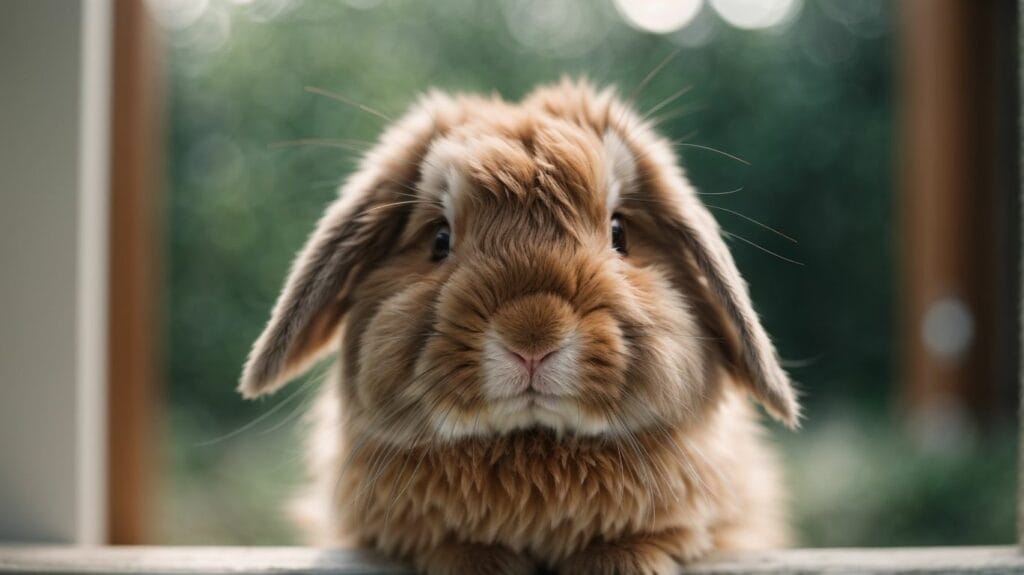Rabbits make delightful and popular pets, known for their cute and fluffy appearance. If you are considering getting a pet rabbit, it is essential to understand their average lifespan and the factors that can affect it. Several factors come into play when determining the lifespan of pet rabbits, such as genetics, diet, exercise, and overall health. Taking these factors into account can help ensure your pet rabbit lives a long and happy life.
Factors Affecting the Lifespan of Pet Rabbits include:
- Genetics and Breeds: Different rabbit breeds may have varying lifespans due to their genetic makeup and predisposition to certain health conditions.
- Diet and Nutrition: Providing a balanced and appropriate diet is crucial for the overall health and longevity of pet rabbits.
- Exercise and Enrichment: Regular physical activity and mental stimulation contribute to the well-being and lifespan of pet rabbits.
- Health and Veterinary Care: Regular veterinary check-ups and prompt treatment of any health issues can significantly impact a rabbit’s lifespan.
The average lifespan of pet rabbits varies depending on these factors. On average, pet rabbits live between 8 and 12 years. However, with proper care and attention, some rabbits have been known to live even longer.
Certain rabbit breeds have been associated with longer lifespans, such as the Californian Rabbit, Dutch Rabbit, Mini Rex Rabbit, and English Lop Rabbit. These breeds have a reputation for living longer than the average lifespan of pet rabbits.
To increase the lifespan of your pet rabbit, it is vital to take certain steps. Providing a proper diet and ensuring they receive appropriate nutrition is essential. Creating a safe and enriching environment with ample space to exercise and play is also important. Scheduling regular veterinary check-ups and monitoring and preventing common health issues can contribute to a longer and healthier life for your pet rabbit.
By understanding the factors that influence a rabbit’s lifespan and taking appropriate measures to care for them, you can ensure that your pet rabbit enjoys a happy and fulfilling life by your side.
Key takeaway:
- The lifespan of pet rabbits is influenced by genetics, diet, exercise, and veterinary care.
- The average lifespan of pet rabbits ranges from 8 to 12 years.
- Certain rabbit breeds, such as the Californian, Dutch, Mini Rex, and English Lops, are known to live longer than others.
Factors Affecting the Lifespan of Pet Rabbits
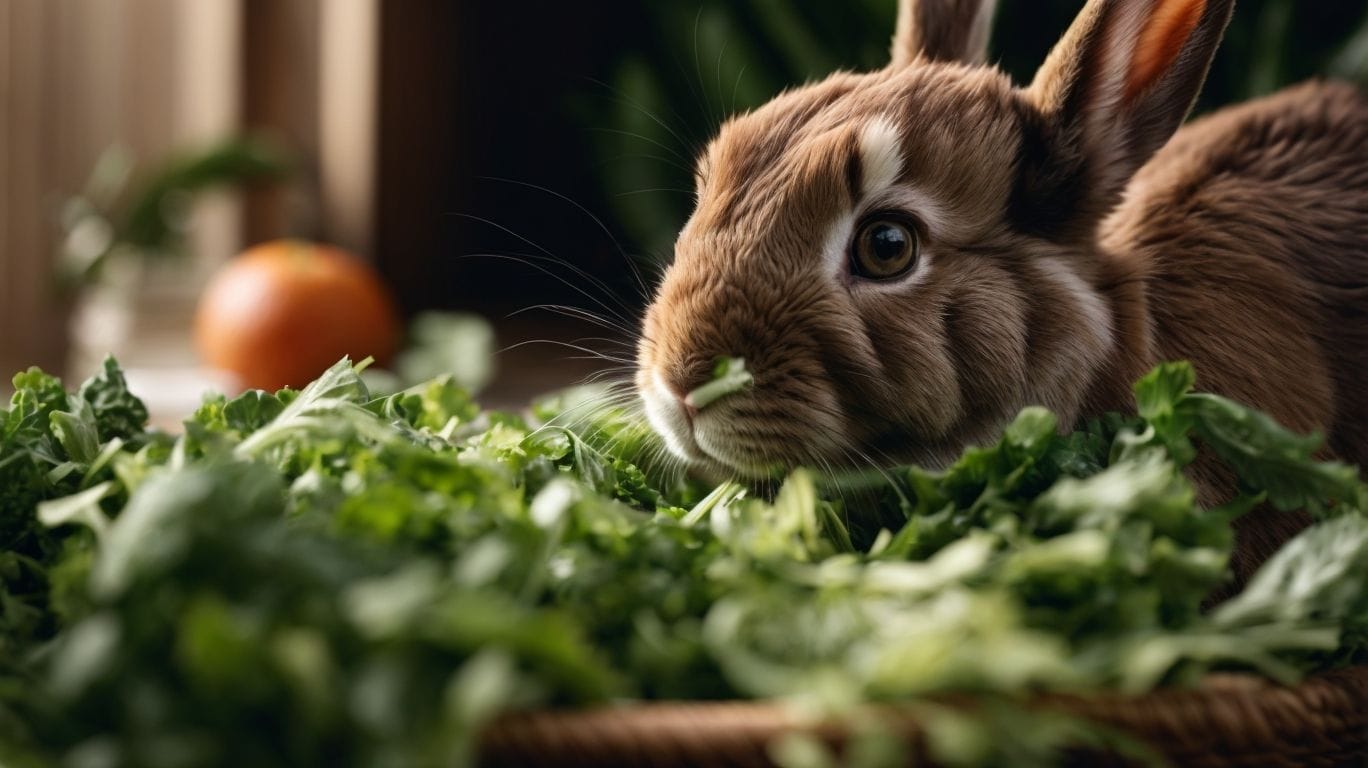
Photo Credits: Petnarnia.Com by George Nguyen
When it comes to the lifespan of our furry friends, several factors can have a significant impact. In this section, we’ll dive into the key elements that can affect how long our pet rabbits live. From genetics and breeds to diet and nutrition, exercise and enrichment, and health and veterinary care, we’ll explore the various aspects that play a crucial role in determining the longevity of our beloved bunny companions. So, let’s hop right in and discover what can influence the lifespan of pet rabbits!
Genetics and Breeds
The genetics and breeds of a pet rabbit play a significant role in determining its lifespan. Some rabbit breeds, such as the Californian rabbit, are known for their longevity, often living between 8 to 12 years. Other long-living breeds, like the Dutch rabbit, Mini Rex rabbit, and English Lop rabbit, also owe their extended lifespans to their genetic makeup. Certain genetic factors can influence the health and lifespan of a rabbit. Responsible breeders prioritize breeding healthy rabbits with strong genetic backgrounds to ensure longer and healthier lives for their offspring. When choosing a pet rabbit, it is essential to consider their genetics and breed, as these factors can greatly contribute to their overall well-being and lifespan.
Diet and Nutrition
Proper diet and nutrition are vital for the health and longevity of pet rabbits.
For their digestive system, it is crucial to provide unlimited amounts of high-quality hay, such as timothy or meadow hay.
To maintain a balanced diet, fresh vegetables like kale, spinach, carrots, and bell peppers should be offered daily.
When it comes to pellets, it is recommended to choose limited-pellet diets specifically formulated for rabbits, which are high in fiber, and feed them in moderation.
To keep them hydrated, fresh and clean water should be provided at all times, either through a water bottle or an easily accessible bowl.
While indulging in treats, it is important to limit sugary options and opt for occasional healthy alternatives such as small pieces of fruit or herbs.
Exercise and Enrichment
To ensure a long and healthy life for pet rabbits, exercise and enrichment play a crucial role. Here are some ways to provide exercise and enrichment for your furry friends:
- Provide ample space: Rabbits need space to hop, run, and explore. Consider a large, secure enclosure or a designated rabbit-proofed room.
- Offer toys and puzzles: To incorporate exercise and enrichment, provide chew toys, tunnels, and puzzle feeders to keep rabbits mentally stimulated.
- Encourage playtime: Spend time interacting with your rabbit through gentle play sessions. Use toys, balls, or even a staircase for them to climb up and down, ensuring both exercise and enrichment.
- Create hopping stations: Set up different levels and platforms in their living area to encourage hopping and jumping, which promotes exercise and provides enrichment.
- Allow supervised outdoor time: In addition to exercise, consider outdoor playtime in a safe, enclosed space with plenty of grass for rabbits to nibble on, providing both exercise and enrichment.
- Rotate toys and rearrange the environment: Keep things fresh by introducing new toys and rearranging their living area to spark their curiosity, enhancing both exercise and enrichment.
Exercising and providing enrichment for rabbits not only keeps them physically fit but also helps prevent boredom and behavioral issues. Keep their environment stimulating and engaging to ensure a happy and healthy life for your furry companion.
Health and Veterinary Care
- Proper health and veterinary care are essential for maximizing the lifespan of pet rabbits. Here are some key considerations in ensuring their well-being.
- Schedule routine check-ups with a knowledgeable rabbit veterinarian to monitor their overall health and catch any potential issues early in order to provide them with health and veterinary care.
- Feed them a balanced and appropriate diet consisting of hay, fresh vegetables, and a limited amount of pellets specifically formulated for rabbits to maintain their health and veterinary care.
- Please provide them with plenty of opportunities for exercise and mental stimulation through daily playtime and access to safe toys, which are important aspects of health and veterinary care.
- Stay vigilant for common health issues such as dental problems, respiratory illnesses, and gastrointestinal disorders. Regularly monitor their weight, teeth, and coat for any abnormalities to ensure proper health and veterinary care.
What is the Average Lifespan of Pet Rabbits?
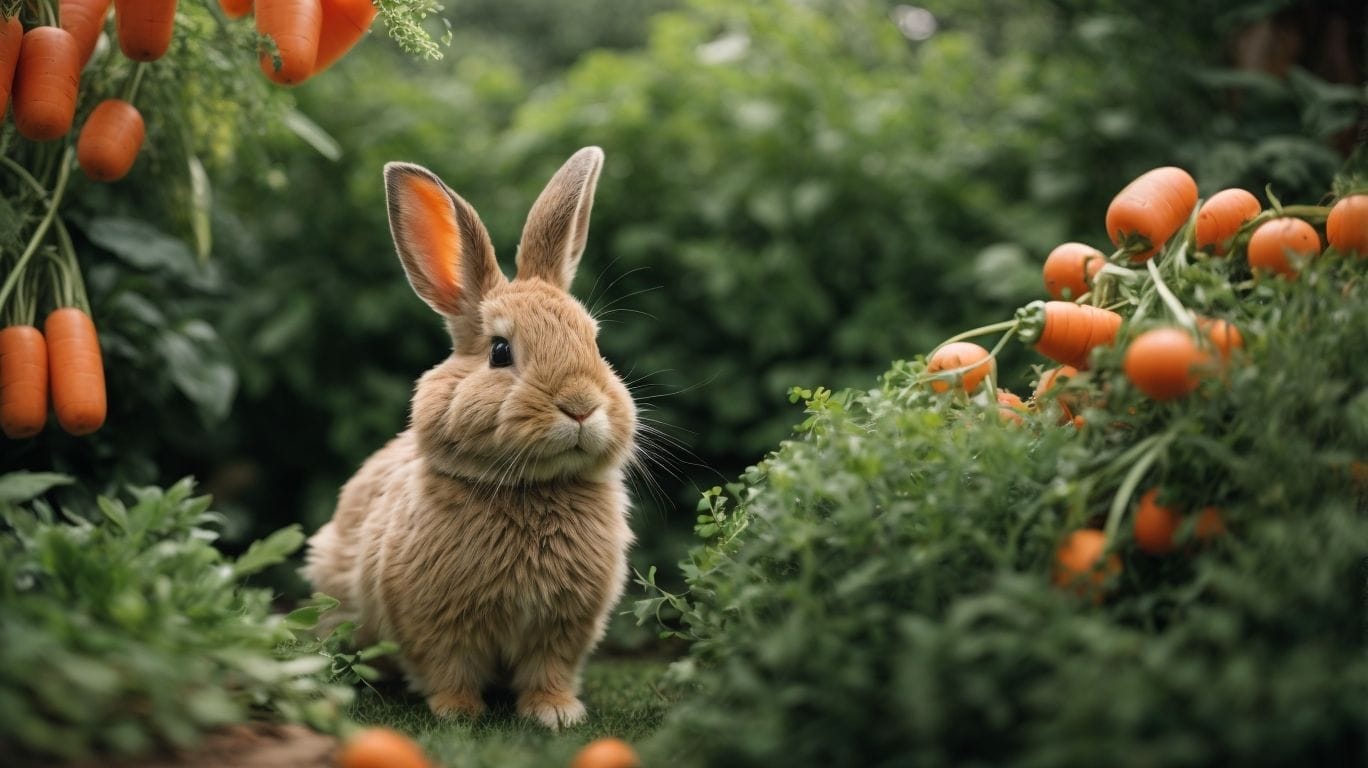
Photo Credits: Petnarnia.Com by Anthony Jones
What is the Average Lifespan of Pet Rabbits?
On average, the lifespan of pet rabbits is around 8 to 12 years, although some can live up to 15 years or more with proper care. The lifespan can vary depending on factors such as genetics, diet, exercise, and overall health. Rabbits that are spayed or neutered tend to live longer due to a reduced risk of certain health issues. It is important to provide rabbits with a balanced diet, regular veterinary check-ups, a safe and spacious environment, and plenty of mental and physical stimulation to ensure a long and healthy life.
Longest Living Rabbit Breeds
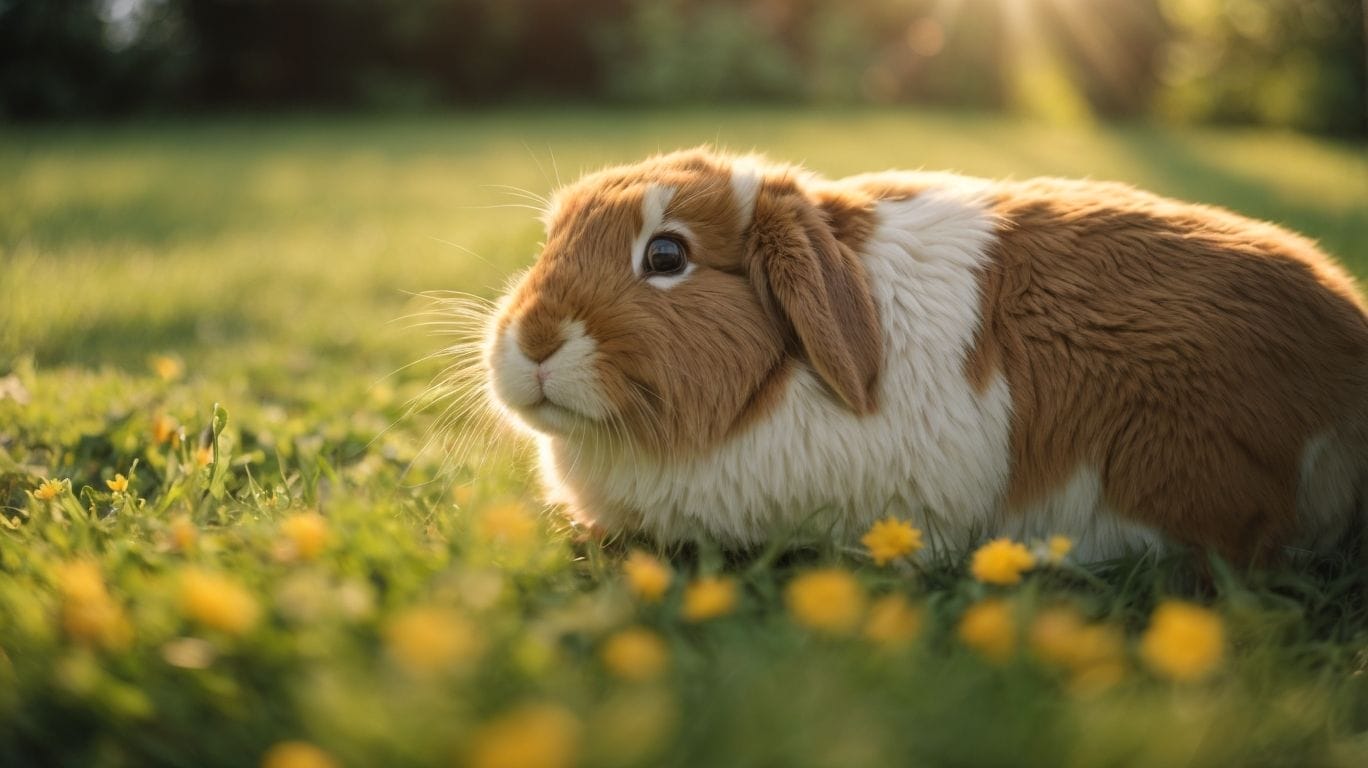
Photo Credits: Petnarnia.Com by Joseph Wright
When it comes to the lifespan of our beloved pet rabbits, some rabbit breeds tend to outlive others. In this section, let’s take a closer look at the longest-living rabbit breeds. We’ll explore the Californian Rabbit, Dutch Rabbit, Mini Rex Rabbit, and English Lop Rabbit breeds and discover which ones have been known to thrive and hop along for an impressive number of years. So, let’s dive into the fascinating world of these long-living rabbits and uncover their secrets to a prolonged and happy life.
Californian Rabbit
The Californian Rabbit is a popular breed known for its distinctive fur coloration. This breed was developed in California in the early 20th century and is valued for its meat and fur. Californian Rabbits have a medium to large build and exhibit a calm and friendly temperament, making them suitable as pets. They have a lifespan of about 5 to 8 years if properly cared for. To ensure the longevity of your Californian Rabbit, provide a balanced diet, a safe and enriching environment, regular veterinary check-ups, and monitor for common health issues. Remember, proper care and attention are key to keeping your Californian Rabbit happy and healthy.
Dutch Rabbit
The Dutch Rabbit is a popular breed known for its distinctive color pattern and friendly temperament. With an average lifespan of 5 to 8 years, Dutch Rabbits make great companions for both children and adults. Proper care and nutrition are essential to ensure Dutch Rabbits live a long and healthy life. Providing a balanced diet, regular exercise, and a safe environment are key factors in promoting the well-being of Dutch Rabbits. Dutch Rabbits are generally robust and resilient, but it’s important to monitor their health and address any potential issues promptly. By providing the necessary care, the lifespan of a Dutch Rabbit can be maximized.
Mini Rex Rabbit
The Mini Rex Rabbit is a beloved breed well-known for its small size and luxurious fur. Mini Rex Rabbits are adored for their friendly and energetic nature, making them perfect companions for people of all ages, whether children or adults. Generally, Mini Rex Rabbits live for about 7 to 10 years, provided they receive proper care. It is essential to ensure they have a well-balanced diet, regular exercise, and a safe, stimulating environment to thrive in. To avoid boredom and promote their overall well-being, mental and physical stimulation should be provided in abundance. Additionally, scheduling regular veterinary check-ups is vital to identify and treat any health concerns promptly. With appropriate care and attention, the Mini Rex Rabbit can enjoy a lengthy and contented life.
English Lop Rabbit
The English Lop Rabbit, known for its long and floppy ears, is a popular breed among rabbit enthusiasts.
These rabbits have a lifespan of 5 to 7 years on average, which is relatively shorter compared to other breeds. With proper care and attention, their lifespan can be extended. Providing a balanced diet, a safe and enriching environment, regular veterinary check-ups, and monitoring for common health issues are crucial in increasing the lifespan of English Lop Rabbits. It’s important to note that the history of the English Lop Rabbit dates back to the 19th century in England, where they were bred for their unique ear shape and elegant appearance.
How to Increase the Lifespan of Pet Rabbits
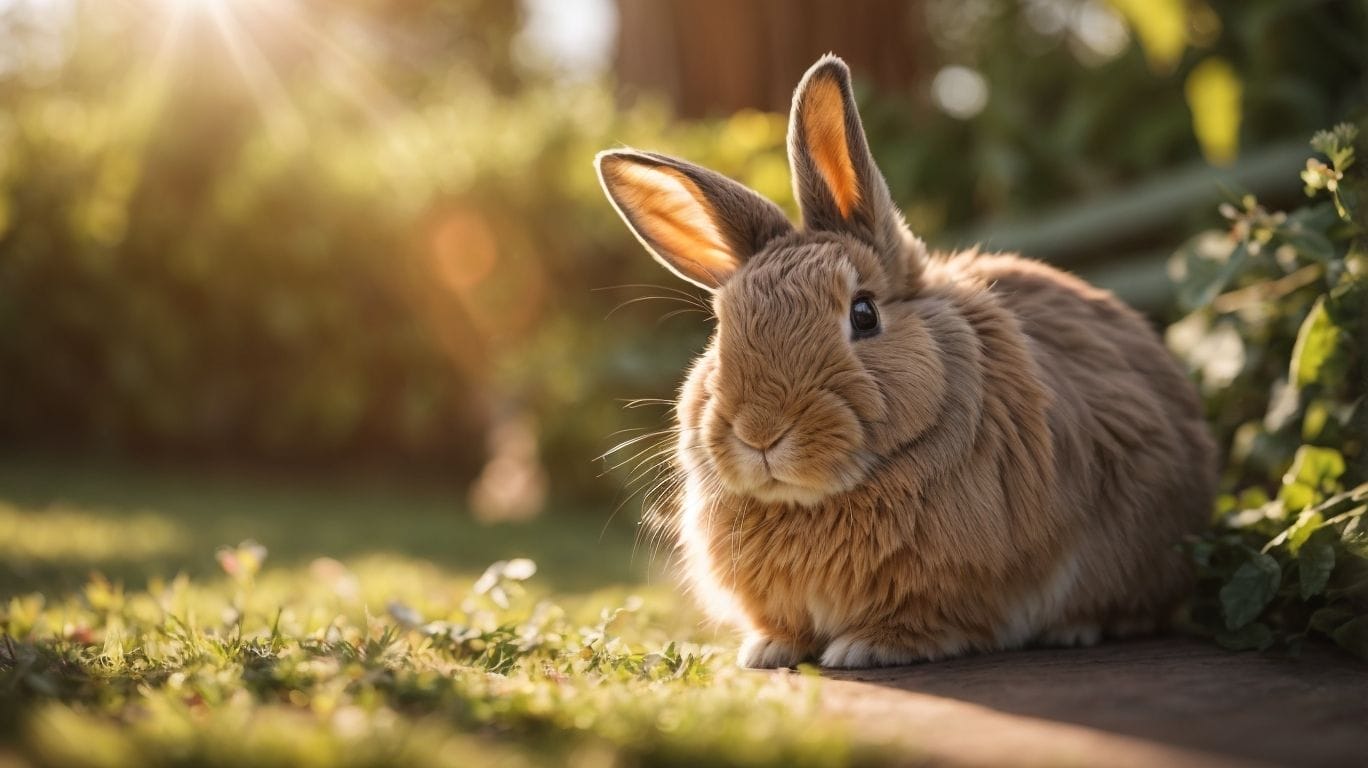
Photo Credits: Petnarnia.Com by Jeffrey Scott
Want to ensure your beloved pet rabbit lives a long and healthy life? Look no further! In this section, we will uncover the secrets to increasing the lifespan of your furry friend. From providing a proper diet to creating a safe and enriching environment, we’ll cover all the essentials. Plus, we’ll explore the importance of regular veterinary check-ups and how to spot and prevent common health issues. Get ready to enhance your rabbit’s well-being and enjoy many joyful years together!
Provide a Proper Diet
A proper diet is crucial for the health and longevity of pet rabbits. Providing a proper diet helps prevent common health problems and supports a rabbit’s overall well-being. The table below highlights key components of a rabbit’s diet.
| Component | Explanation |
|---|---|
| Hay | Provides essential fiber for digestive health. Timothy Hay is recommended. |
| Vegetables | Offer a variety of leafy greens like kale, parsley, and romaine lettuce. |
| Pellets | Provide balanced nutrition, but should be limited to a small portion. |
| Water | Ensure a fresh supply of clean water is available at all times. |
| Treats | Give in moderation, as they can lead to obesity or digestive issues. |
By providing a proper diet, owners can promote a longer and healthier life for their beloved pets. In the 1800s, researchers discovered the importance of a balanced diet for rabbits when they observed improved health and lifespan in rabbits fed a diverse and nutritious diet. Since then, rabbit owners have recognized the significance of providing a proper diet to ensure the well-being of their furry companions.
Create a Safe and Enriching Environment
To create a safe and enriching environment for pet rabbits, follow these steps:
- Ensure proper ventilation and maintain a comfortable temperature for your rabbits.
- Provide fresh water and a balanced diet of hay, fresh vegetables, and high-quality rabbit pellets.
- Establish a routine for social interaction and handling to promote trust and bonding with your rabbits.
- Keep noise levels low and provide a quiet space for rabbits to retreat when they need rest or relaxation.
- Groom rabbits regularly to prevent matting and check for any signs of illness or injury.
- Include hiding spots, tunnels, and platforms for rabbits to explore and play.
- Offer a variety of toys and chew items to keep rabbits mentally stimulated and prevent boredom.
- Provide a spacious and secure living area, such as a rabbit hutch or large pen.
- Ensure the area is free of hazards, such as toxic plants, wires, or small items that rabbits can chew on.
Schedule Regular Veterinary Check-ups
Scheduling regular veterinary check-ups is essential for maintaining the health and well-being of pet rabbits. It is crucial to find a rabbit-savvy veterinarian who can provide specialized care for rabbits. Make sure to bring your rabbit in for an initial wellness exam to establish a baseline of their health. Additionally, it is important to follow the recommended vaccination schedule to protect your rabbit from common diseases. Regularly having your rabbit’s teeth checked is also necessary, as dental issues can be common in rabbits. Lastly, discuss the appropriate diet and nutrition with your veterinarian to ensure that your rabbit is receiving proper nutrients.
By scheduling regular veterinary check-ups, you can catch any potential health issues early and ensure that your pet rabbit leads a long and healthy life. A study published in the Journal of Exotic Pet Medicine in 2021 revealed that pet rabbits who received regular veterinary care had a significantly longer lifespan compared to those who did not. This research emphasizes the importance of preventive care and the role of veterinarians in promoting the health and well-being of pet rabbits.
</>
Monitor and Prevent Common Health Issues
- To monitor and prevent common health issues, it is crucial to prioritize the well-being and longevity of pet rabbits.
- Schedule routine visits to the veterinarian to ensure regular vet check-ups and detect any potential health problems early on.
- Provide a balanced diet and plenty of exercise to monitor and prevent obesity and digestive issues successfully.
- Regularly groom your rabbit to incorporate grooming practices that prevent fur and skin problems, such as matting and mites.
- Rabbit-proof your home to ensure environmental safety and protect it from various hazards like electrical cords, toxic plants, and small objects they might ingest.
- Use appropriate preventive measures to effectively monitor and prevent parasites such as fleas, ticks, and mites.
Some Facts About How Long Pet Rabbits Live:
- ✅ The average lifespan for pet rabbits is between 10 to 14 years. (Source: Our Team)
- ✅ Rabbits can live up to 18 years and 10.75 months, as seen with the oldest recorded rabbit, Flopsy. (Source: Supreme Pet Foods)
- ✅ The lifespan of pet rabbits can vary depending on factors such as breed and environment. (Source: Our Team)
- ✅ Larger rabbit breeds tend to have shorter lifespans. (Source: Supreme Pet Foods)
- ✅ Providing a high-fiber diet with hay and avoiding diets with added sugar can help rabbits live longer. (Source: Supreme Pet Foods)
